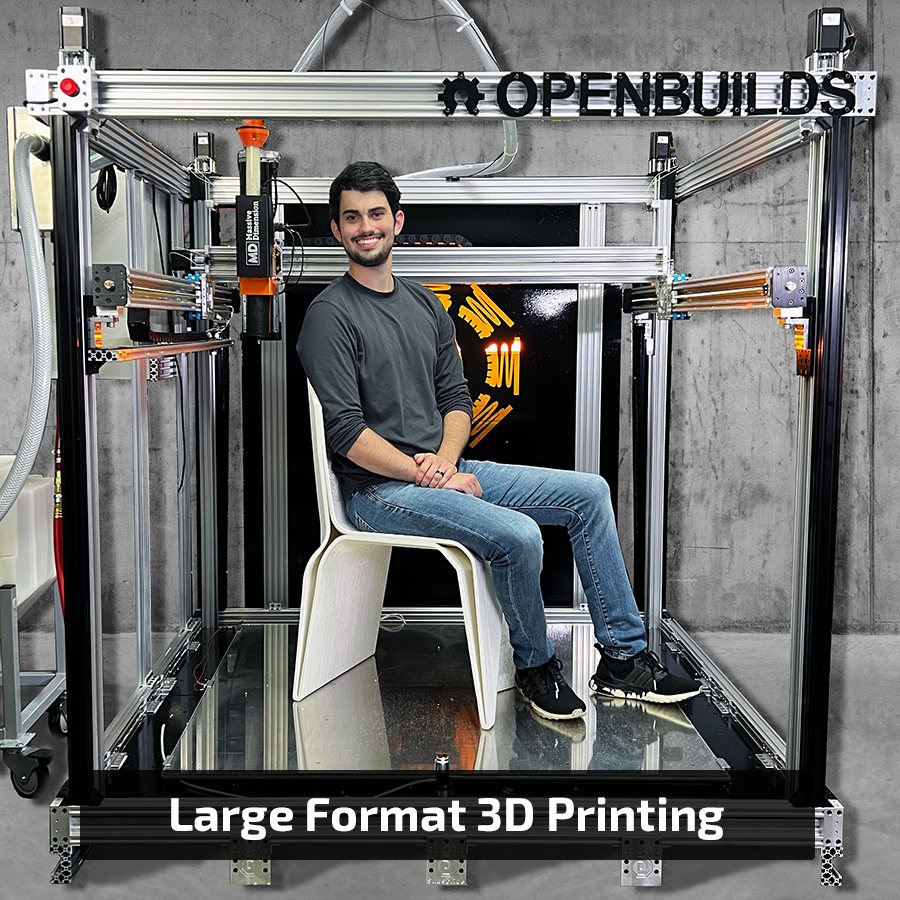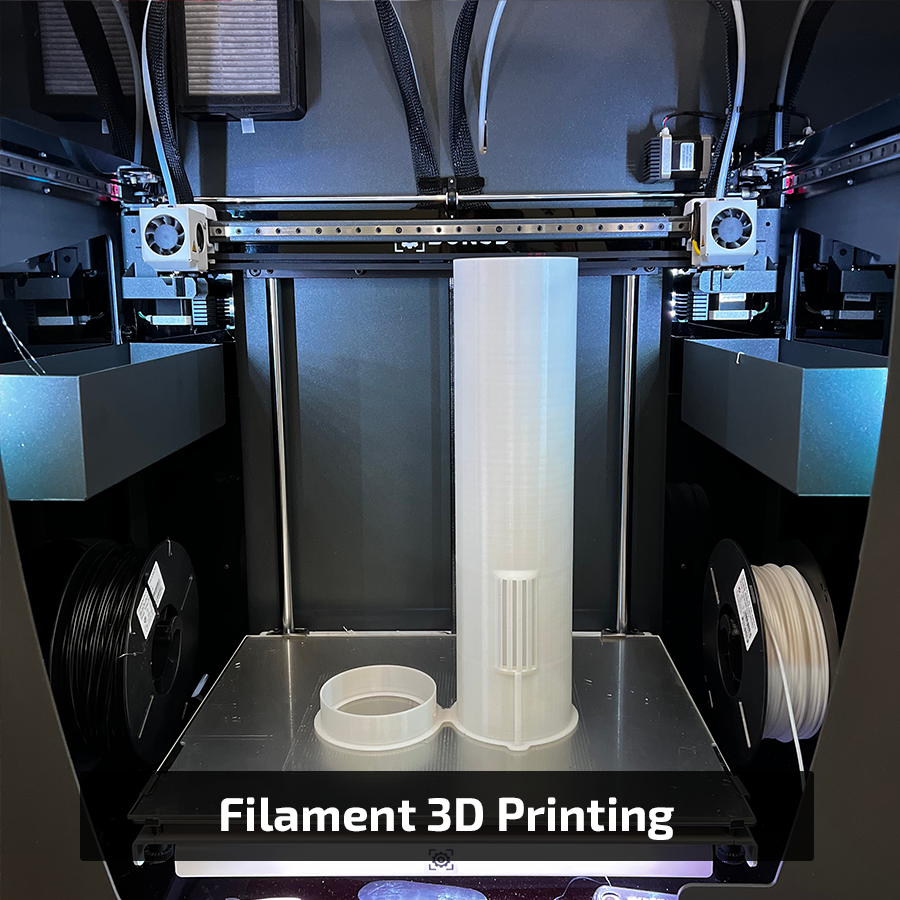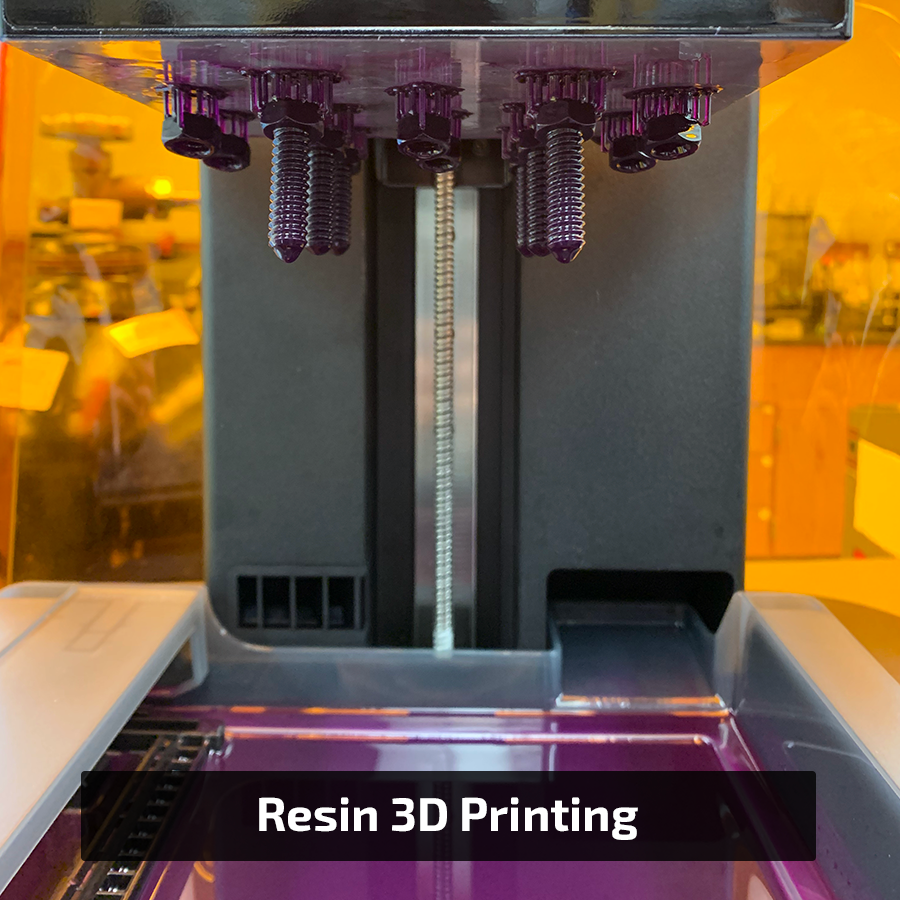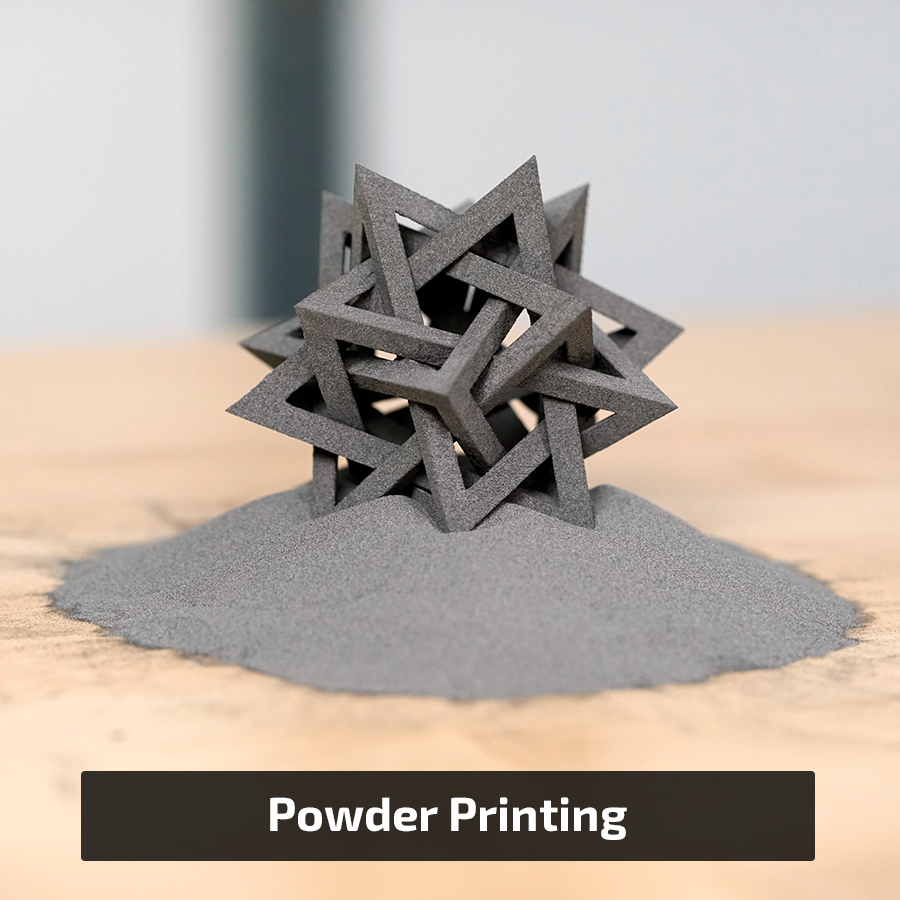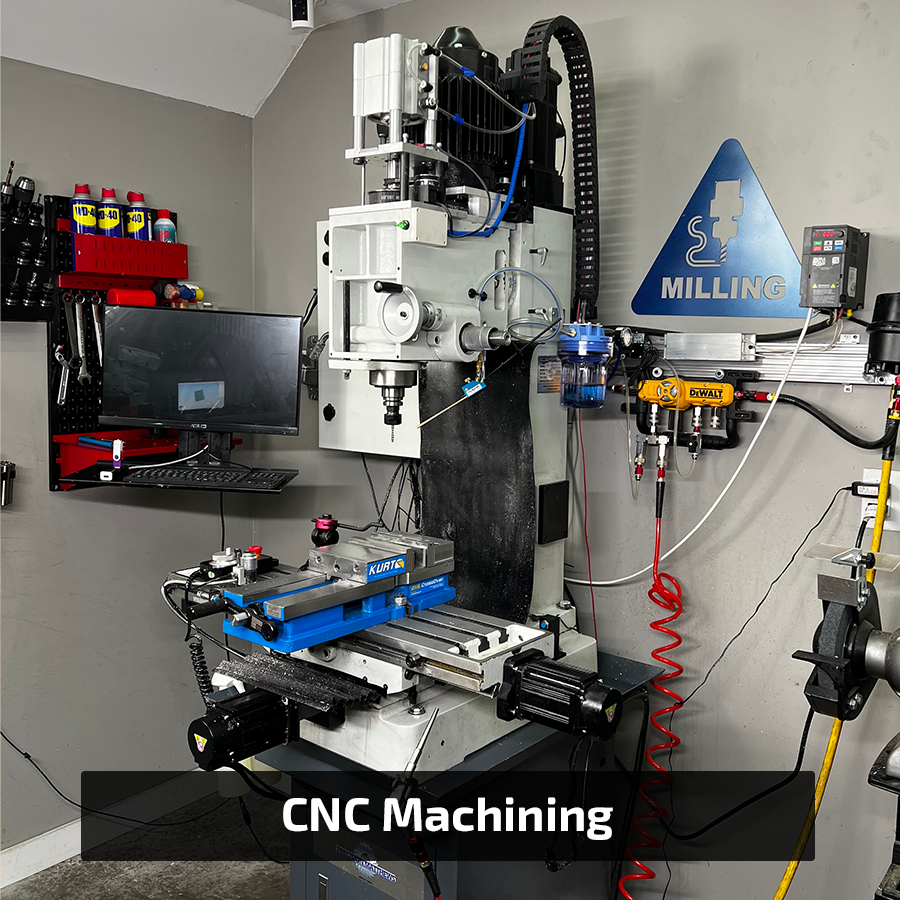About the Minor
Digital Fabrication is a NEW minor offered by Vanderbilt’s School of Engineering to students from all 4 undergraduate schools. The minor was designed for both students in traditional engineering disciplines as well as those who study business, social sciences, public policy, and even musical arts. The Digital Fabrication curriculum teaches students how computer-controlled manufacturing (e.g., 3D printing) is revolutionizing product creation at home and abroad. Most importantly, this minor will allow students to design and realize their product ideas through the different equipment in the Digital Fabrication Lab. If you want to learn how to make or how Digital Fabrication is enabling the 4th industrial revolution then consider completing the requirements for this minor.
Skill Set
Students who earn a Digital Fabrication Minor will possess the following skills:
- Parametric 3D Modeling (CAD)
- 3D modeling is a foundational skill of the minor as going from an idea to a digital design is the first step in the prototyping process. With the manufacturing tools in the Digital Fabrication Lab, if you can CAD it, then we can create it! Parametric modeling is a design strategy that allows changes to be rapidly implemented based on evolving design constraints.
- Computer Aided Manufacturing (CAM)
- Often referred to as “slicing” in the 3D printing space, CAM is the process of converting 3D models into tool paths that can drive either additive or subtractive manufacturing instruments. Compared to manual machining and other traditional processes, CAM allows for models to be produced quicker and more precisely.
- Manufacturing Process Selection
- Given the material, dimensions, tolerances, and batch size of a part, an appropriate manufacturing process can be chosen.
- Design Optimization for Additive Manufacturing
- After process selection, the digital model can be optimized to leverage the strengths and avoid the weakness of each additive manufacturing technique.
- Understanding of Mechanical Design
- A foundational understanding of off-the-shelf parts and assemblies to avoid re-inventing the wheel.
- Python
- Process and interpret data from computer-controlled devices.
- Electrical Prototyping
- Basic skills in wiring, electric motor control, and collection of data from sensors using programmable logic controllers.
Advising
The multidisciplinary Digital Fabrication minor is open to students in all the undergraduate schools at Vanderbilt. The required programming, Rapid Prototyping, and Additive and Polymer-based Manufacturing courses comprise the intellectual foundation of the program, while students are encouraged to tailor the elective course requirements to fit their major program of study and future career interests. Digital Fabrication faculty routinely advise students on which elective courses will best advance their career goals.
Digital Maker Community
In addition to hands-on instruction, the Digital Fabrication lab provides opportunities for students to work on undergraduate research, personal projects, or capstone senior design projects. Thus, the collaborative environment in the digital makerspace provides diverse opportunities for project-based learning that employers value. The faculty also work with student-led groups, such as the Maker Club and the Vanderbilt Innovation and Entrepreneurship Society, on Maker Nights and other outreach activities to promote participation and increase the visibility of digital fabrication on campus.
Requirements
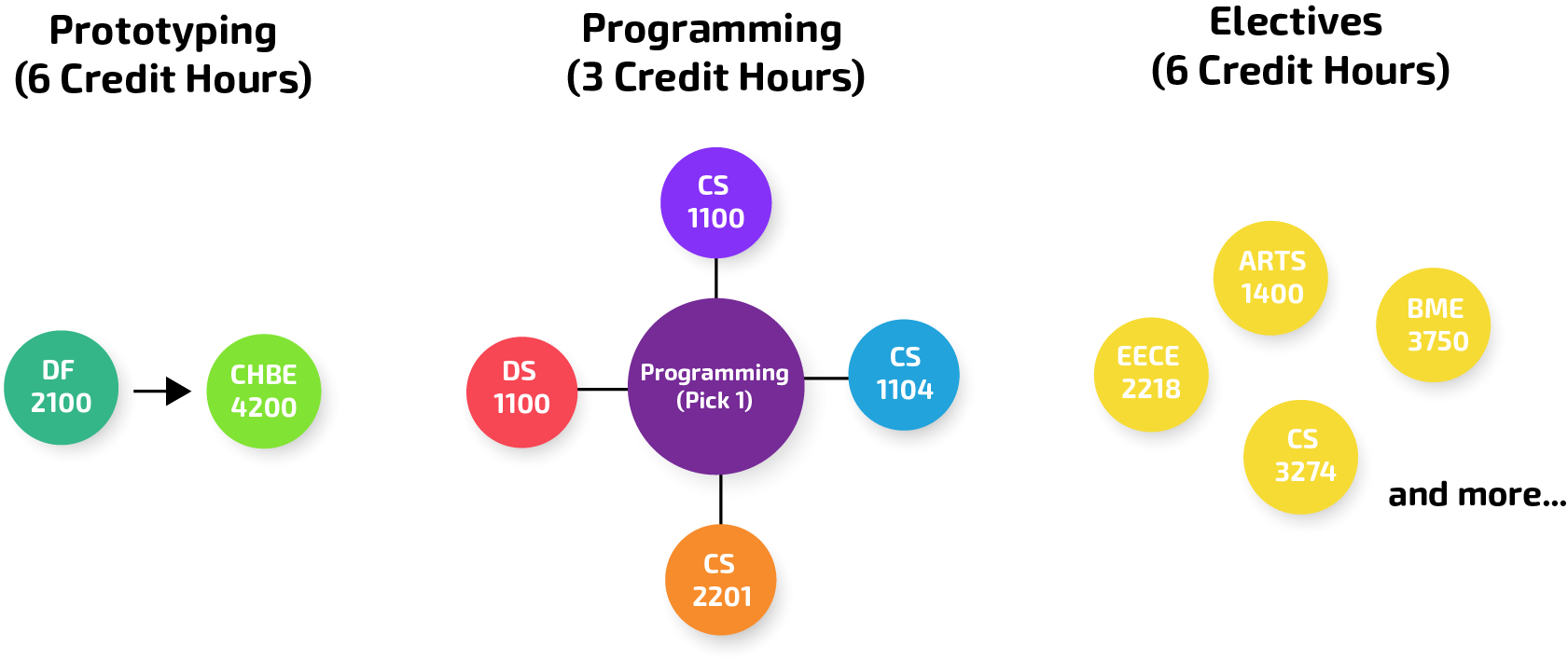
- Programming (3 hours): CS 1100, DS 1100, CS 1104, or CS 2201
- Rapid Prototyping (3 hours): DF 2100
- Additive and Polymer-based Manufacturing (3 hours): CHBE 4200
- Electives (6 hours):
- BME 3500: Biomedical Materials: Structure-Property Relationships and Applications
- BME 3890: Special Topics - CAD (Solidworks) in Biomedical Engineering
- BME 3890: Special Topics - Smart Healthcare Technologies
- BME 4100: Lasers in Surgery and Medicine
- BME 4250: Mobile Application Design for Healthcare
- CE 4211: Mechanics of Composite Materials
- CE 4425: Building Information Modeling
- ChBE 4835: Biofabrication
- ChBE 4840: Synthesis and Applications of 2D Nanomaterials
- ChBE 4850: Semiconductor Materials Processing
- ChBE 4870: Polymer Science and Engineering
- CS 3258: Introduction to Computer Graphics
- CS 3259: Project in Computer Animation Design and Technology
- CS 3270: Programming Languages
- CS 3274: Modeling and Simulation
- CS 4249: Projects in Virtual Reality Design
- EECE 2123/2123L: Digital Systems
- EECE 2218/2218L: Microcontrollers
- EECE 4275: Microelectronic Systems
- EECE 4354: Computer Vision
- EECE 4376: Embedded Systems
- EECE 4377: FPGA Design
- EECE 4385: VLSI Design
- ME 1151: Laboratory in Machining
- ME 2160: Introduction to Mechanical Engineering Design
- ME 3202: Machine Analysis and Design
- ME 3890: Special Topics - How to Make (Almost) Anything
- ME 4251: Modern Manufacturing Processes
- DF 3850: Independent Study in Digital Fabrication
- ARTS 1400: Ceramics
- ARTS 2400: Ceramics II
- CHEM 3630: Macromolecular Chemistry: Polymers, Dendrimers, and Surface Modifications
- CSET 3257: Virtual Reality Design
- MHS 2240: Bionic Bodies, Disability Cultures
- PHYS 2660: Experimental Nanoscale Fabrication and Characterization
The minor is new for the 2022-23 Academic Year, and elective courses that complement the foundational requirements are being added at the request of students and faculty. We are accepting most classes that meet one or several of the following criteria:
- Subtractive or Additive Manufacturing
- Product design classes (but not senior design)
- Digital logic: programming microcontrollers and interfacing with sensors
- Digitization of supply chains
Declaration of the DF Minor
Students who wish to enroll in the DF minor should complete the Major/Minor Declaration form and forward it to Prof. Scott Guelcher for signature. The completed form will then be forwarded to the Registrar, who will enroll the student in the DF minor in YES.
